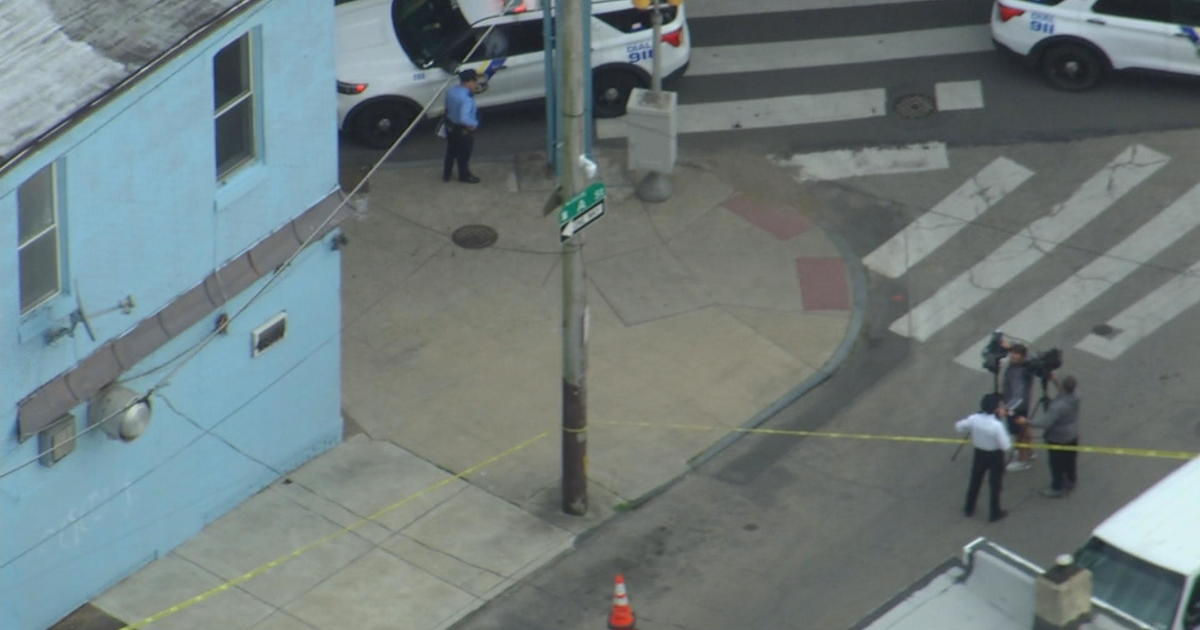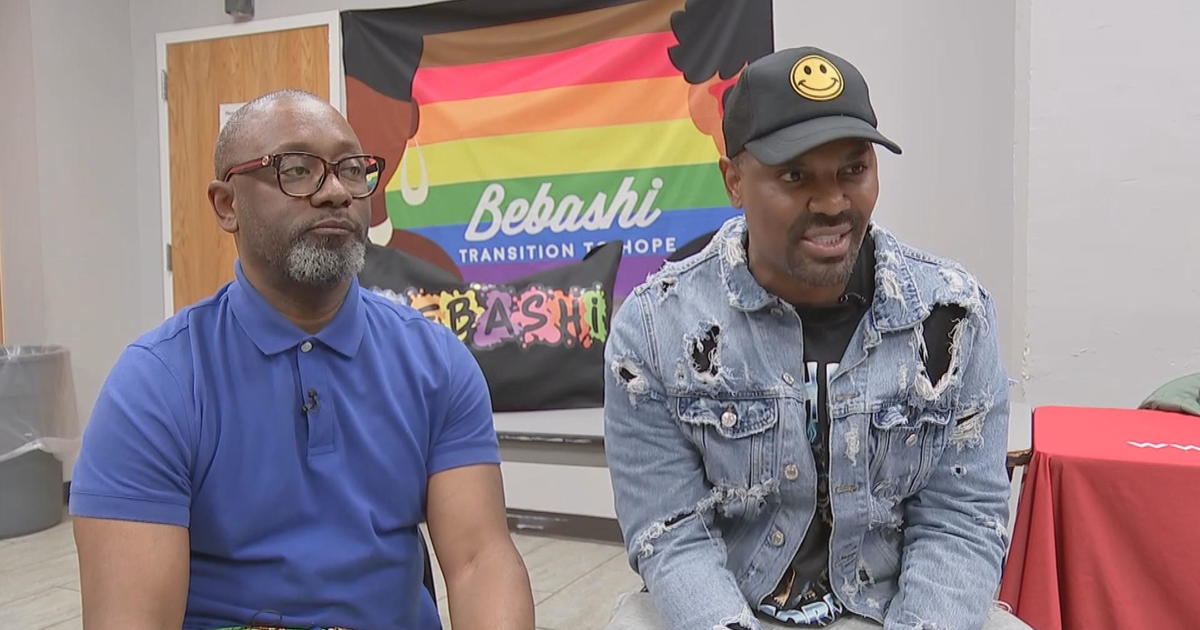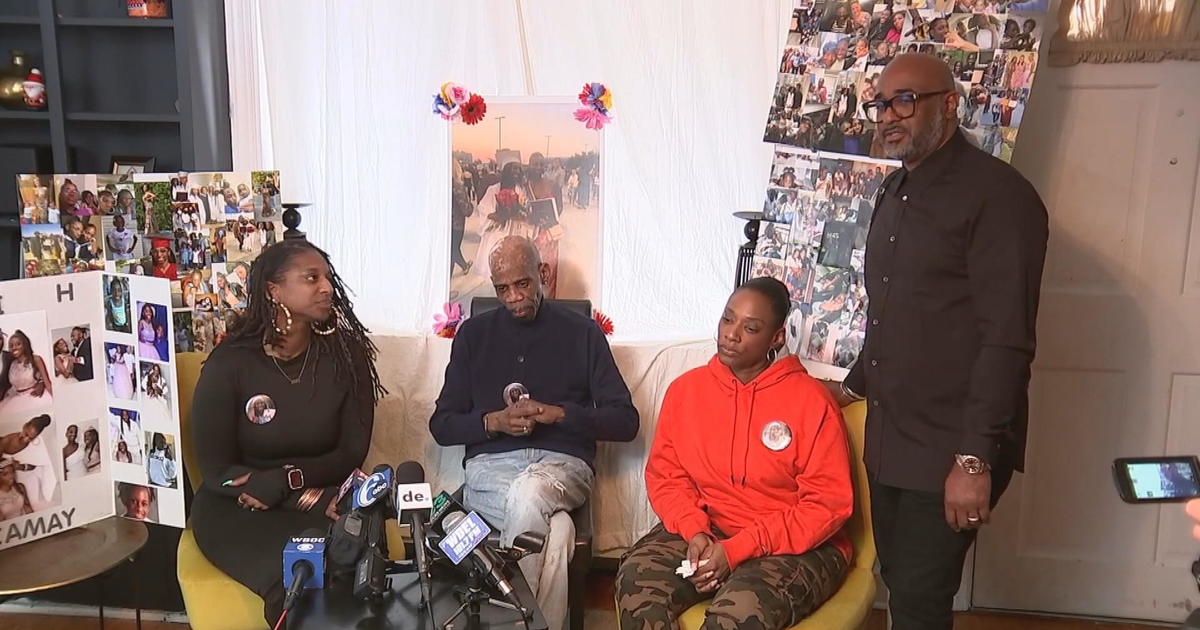Your Right To Remain On Life Support - Or Not
By Amy E. Feldman
PHILADELPHIA (CBS) - Who decides whether to take you off life support?
In December, 13-year-old Jahi McMath went into the hospital for a tonsillectomy, but suffered brain hemorrhaging and was declared brain dead. The hospital fought her parents to remove her from life support.
But, if a minor's parents can make decisions about care or a person has an advance directive - a document that tells your wishes in the case of an injury - the hospital has to follow those wishes as long as you are alive.
And there have been cases, like Terry Schaivo, who was in a vegetative state for years, but remained on life support.
Why didn't Jahi's parents have the same right to continue treatment?
The difference is in the medical, and also legal facts of the cases.
Schaivo was in a permanent vegetative state characterized by some response to stimuli. Jahi, however, was declared brain dead, with all cessation of brain activity, no brain waves and no ability for the brain to regulate the organ function. Brain death is considered medically and legally dead. The hospital does not continue to treat a dead body.
It is imperative for you to let your family know your wishes so that in all cases before death, they know how you wish to receive or refuse treatment.



